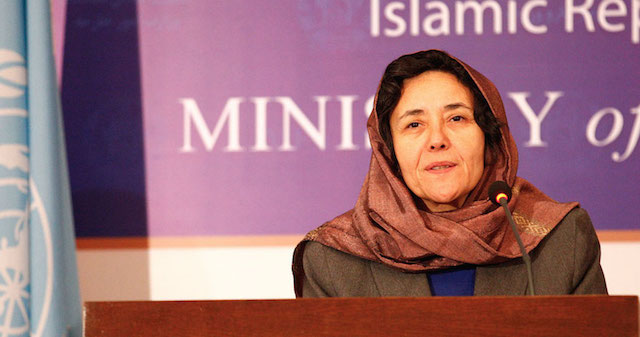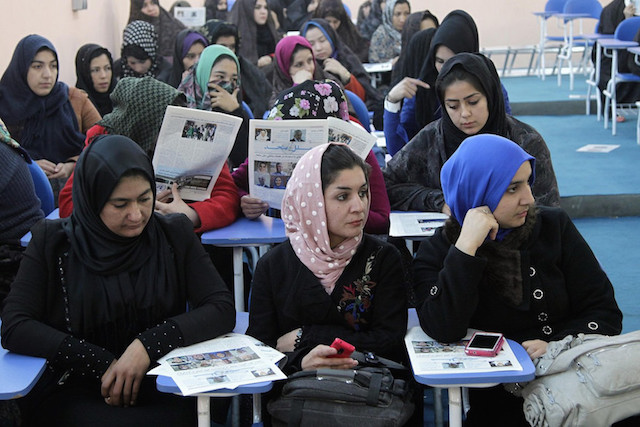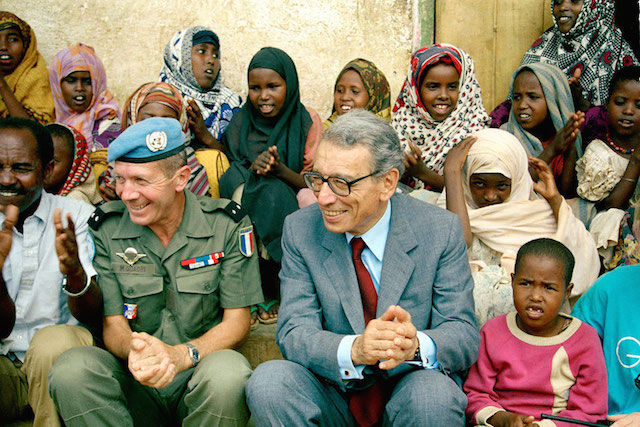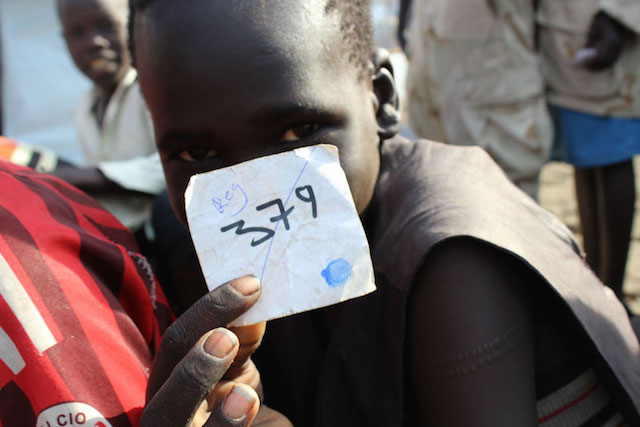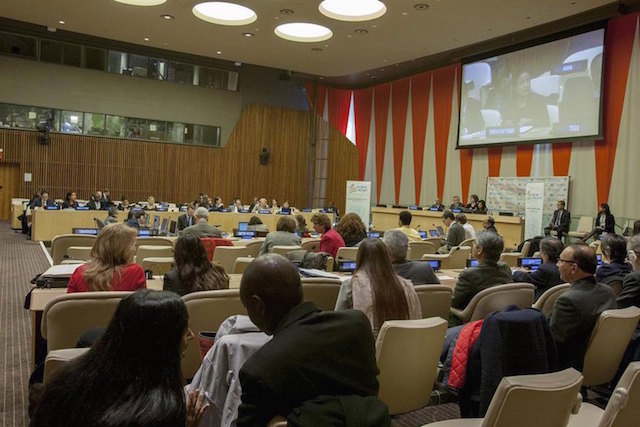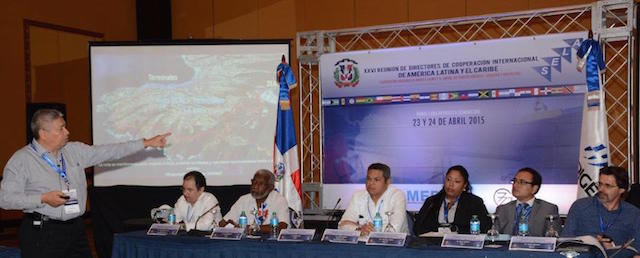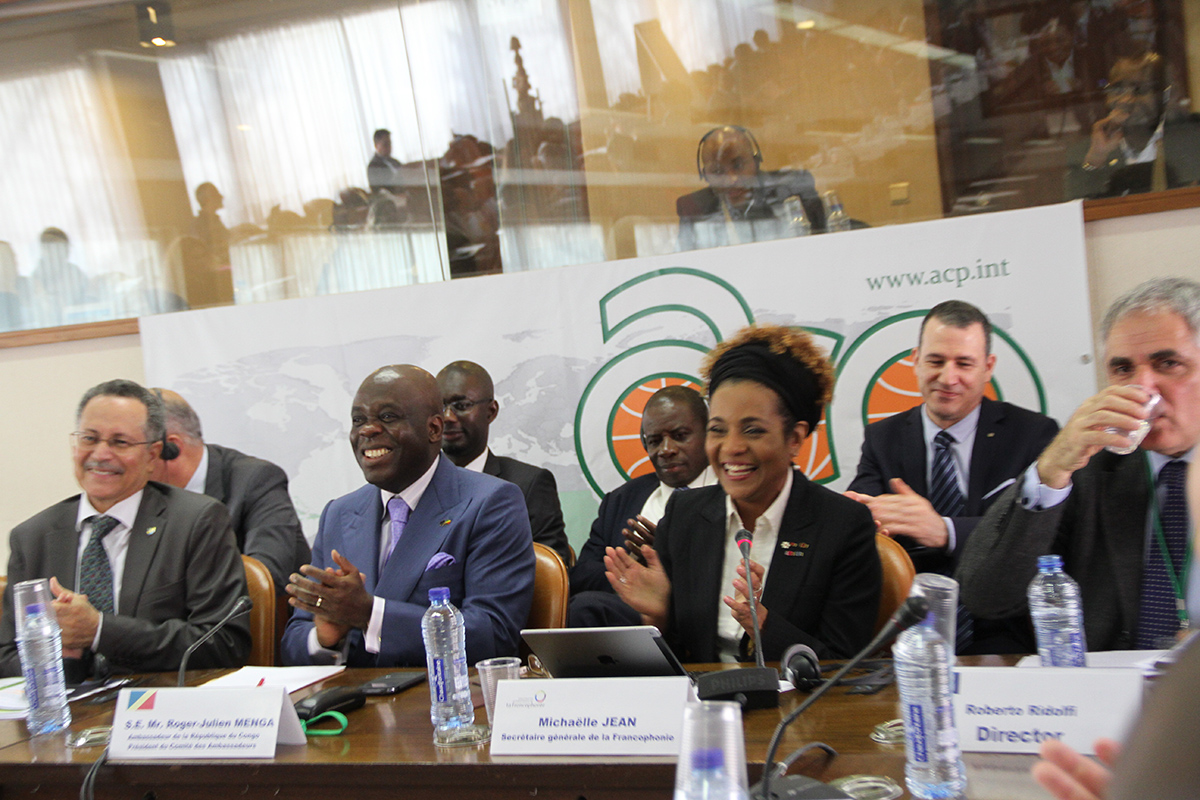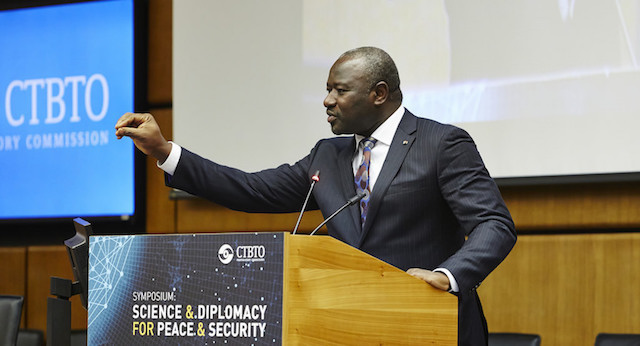By Jaya Ramachandran | IDN-InDepthNews Analysis
PARIS (IDN) – While the United Nations Educational, Scientific and Cultural Organization (UNESCO) has signed an agreement with the International Association for the Evaluation of Educational Achievement (IEA) to measure global citizenship and sustainable development education, the persistent marginalization of mother languages worldwide is threatening Goal 4 of the UN Agenda for Sustainable Development.
The Agenda 2030 includes seven targets in Goal 4 that aims to “ensure inclusive and equitable quality education and promote lifelong learning opportunities for all”.


